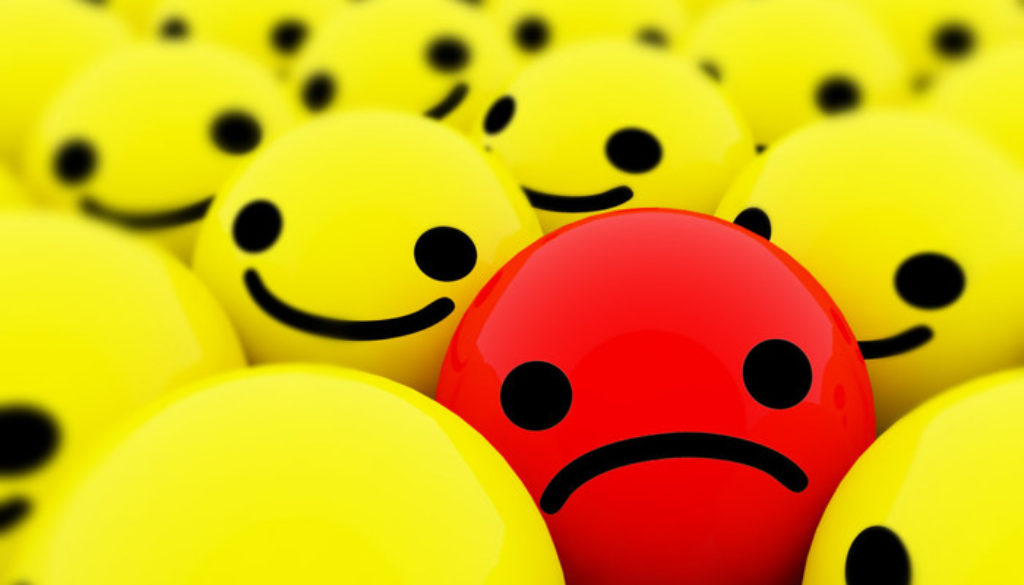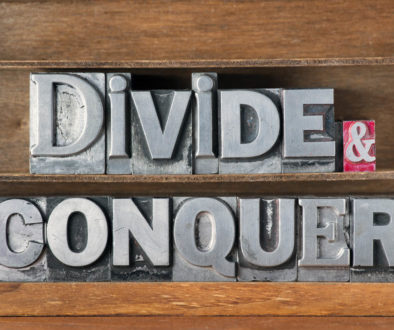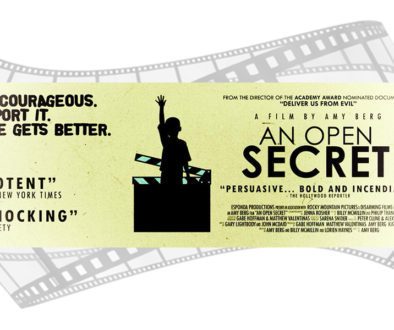National Popular Vote Initiative & The Rape Theory
The National Popular Vote, a Losers Initiative

I was watching (back in December) the Republican presidential debates on the highly propagandized FOX News network (The same FOX news that got rid of Freedom Watch. Yes, the same Fox News that we should never in life lend credibility to. Yes, those bastards.) and I saw a commercial promoting the National Popular Vote Initiative.
As a black man, (not that I am implying a need to be black to have credibility on this topic) this idea of “majority rules” damn-near scared me to death and yes, thoughts of an Americanized form of Communism cross dressing as a fair democracy for the good of the people is on the table at this very moment and being packaged up, shipped out, and actively marketed to the American people.
The National Popular Vote Initiative is for Suckers
The pathetic commercial (*cough* *cough* “propaganda piece”) below has no educational value (yet “they” used a school as the backdrop), was made for the least sophisticated viewer (people who aren’t the sharpest knives in the drawer), and could have easily been passed off as a comedy skit playing during a tea and cheese interlude during the break-time of a constitutional convention.
I am trying not to use too much profanity but this just pisses me off. They feed you this bullshit and don’t even explain the values of a republican form of government while trashing it for a Majority run government which, by surprise, they don’t explain the perils or benefits of, either.
I think we can all agree that Bush term #2 sucked, but it was what it was, get over it. Majority does not rule in America and it sure as hell NEVER SHOULD. Then, “they” send a black man to validate the voting machines and to help silence people (or get people to silence themselves) about the long running vote fraud monopoly known as Diebold, its competitors, and Electronic Voting Machines. See Hacking Democracy.
(Different Topic for a different day.)

The very idea that this commercial would run in front of a likely Republican leaning audience, many of which may actually understand why we are better off with the Republican form of government we have now (not that some Democrats don’t understand), just shows the ferocity of the movement.
The National Popular Vote bill would guarantee the Presidency to the candidate who receives the most popular votes in the entire United States. The bill preserves the Electoral College, while ensuring that every vote in every state will matter in every presidential election. The National Popular Vote law has been enacted by states possessing 132 electoral votes — 49% of the 270 electoral votes needed to activate it. –National Popular Vote.com
Majority Rules? I think not. A majority having full power (over everything) is unacceptable for America. The United States would begin to collapse faster than it already is (giving irresponsible political parties full spectrum domination), and a National Popular Vote Initiative would do nothing more than speed up the process.

Remember when state sponsored racism was prevalent in America?
Do you think the Japanese people (during World War 2) would have voted to put themselves in interment camps?
Do you think the black men of the Tuskegee Experiments if given a chance) would have voted to subject themselves to syphilis?
Do you think if the Majority ever ruled, that anything would ever change?
What if 51% of the United States population lived in California?
Would that be cool for the people in New York and Texas?
Does Majority Rule equal equality?
(Not no, oh no…, but HELL NO!)
See what I mean?
Enter The Rape Theory
(I came up with that all by myself)Three sex crazed men, one uninterested woman, and a vote on if they have sex or not. 1 person, 1 vote.
If that simple little story (which just ended) doesn’t give you a feeling of the spirit of the message I am trying to share with this article then nothing will, and you shouldn’t be getting involved in politics.
Whether or not you should be allowed to vote or not is up for debate. But then again, if majority rules then your vote doesn’t count anyway does it? But then again, you are probably too concerned about Beyonce’s Baby to give a damn about the future of our great nation anyway.
By: VizFactimus Maximus From Talicactimus: Buy Some Snake Oil! 02/25/2012Republicans Are Democrats!





February 26, 2012 @ 11:39 am
This is really weird and overwrought.
All the National Popular Vote initiative would do is have us elect presidents the same way we elect governors, senators, mayors, and all other officeholders. What you do is, you count the votes of the people living in the area the officeholder is supposed to be answerable to (like, say, Texas, or, say, the United States of America) and see which candidate gets the largest number of votes.
Anybody have a better suggestion for how to conduct elections?
February 26, 2012 @ 3:54 pm
Yeah, the way we have it now, without unaccountable voting machines, and with less corruption. Maybe if we vote out all incumbents we will get rid of some of the corruption. Employing mob rule ain’t a good move for a highly diverse society such as is in America.
February 27, 2012 @ 12:35 pm
The
National Popular Vote bill would end the disproportionate attention and
influence of the “mob” in the current handful of closely divided
battleground states, such as Florida, while the “mobs” of the vast
majority of states are ignored. 98% of the 2008 campaign events involving a
presidential or vice-presidential candidate occurred
in just 15 closely divided “battleground” states. 12 of the 13 lowest population states (3-4
electoral votes), that are non-competitive are ignored, in presidential elections.
9 of the original 13
states are considered “fly-over” now. Over half (57%) of the events were in just four states (Ohio, Florida,
Pennsylvania and Virginia). Similarly,
98% of ad spending took place in these 15 “battleground” states.
The current system
does not provide some kind of check on the “mobs.” There have been 22,000 electoral votes cast since
presidential elections became competitive (in 1796), and only 10 have been cast
for someone other than the candidate nominated by the elector’s own political
party. The electors now are dedicated
party activists of the winning party who meet briefly in mid-December to cast
their totally predictable rubberstamped votes in accordance with their
pre-announced pledges.
If a Democratic
presidential candidate receives the most votes, the state’s dedicated
Democratic party activists who have been chosen as its slate of electors become
the Electoral College voting bloc. If a Republican presidential candidate
receives the most votes, the state’s dedicated Republican party activists who
have been chosen as its slate of electors become the Electoral College voting
bloc. The winner of the presidential election is the candidate who collects 270
votes from Electoral College voters from among the winning party’s dedicated
activists.
With the current state
winner-take-all system of awarding electoral votes, winning a bare plurality of
the popular vote in the 11 most populous states, containing 56% of the
population, could win the Presidency with a mere 26% of the nation’s votes.
February 27, 2012 @ 10:45 pm
And you say that to justify all out mob rule?
February 29, 2012 @ 9:29 pm
Sure, there are plenty of points to make against a pure-majority system. But not all non-majoritarian systems are created equal! And it is perfectly possible for a non-majoritarian system to be way inferior to a majoritarian one. A trivial example would be a dictatorship. That’s certainly not mob rule by the majority, but can we really say it is not worse than majority rule would be?
So the real question is, does our current system actually deal with the problems of majoritarianism in a remotely effective way? In my opinion, no. And I am unaware of any such system apart from supreme courts guided by constitutions which guarentee minority rights. Suppose for the sake of argument that we had a national popular vote. Would anyone, anywhere, advocate replacing it with an electoral college system exactly like the current one? Really?
February 29, 2012 @ 11:37 pm
In response to your first point, I think a dictatorship is a bad idea especially if me nor you are the dictator.
On your second point, If we had a national popular vote or any other form of “majoritarian” system the majority would never against its own power.
The inherent flaw in any “majoritarian” system is itself and its propensity for self-serving perpetual corruption. Oh, not to forget, the majority would continue to re-elect itself.